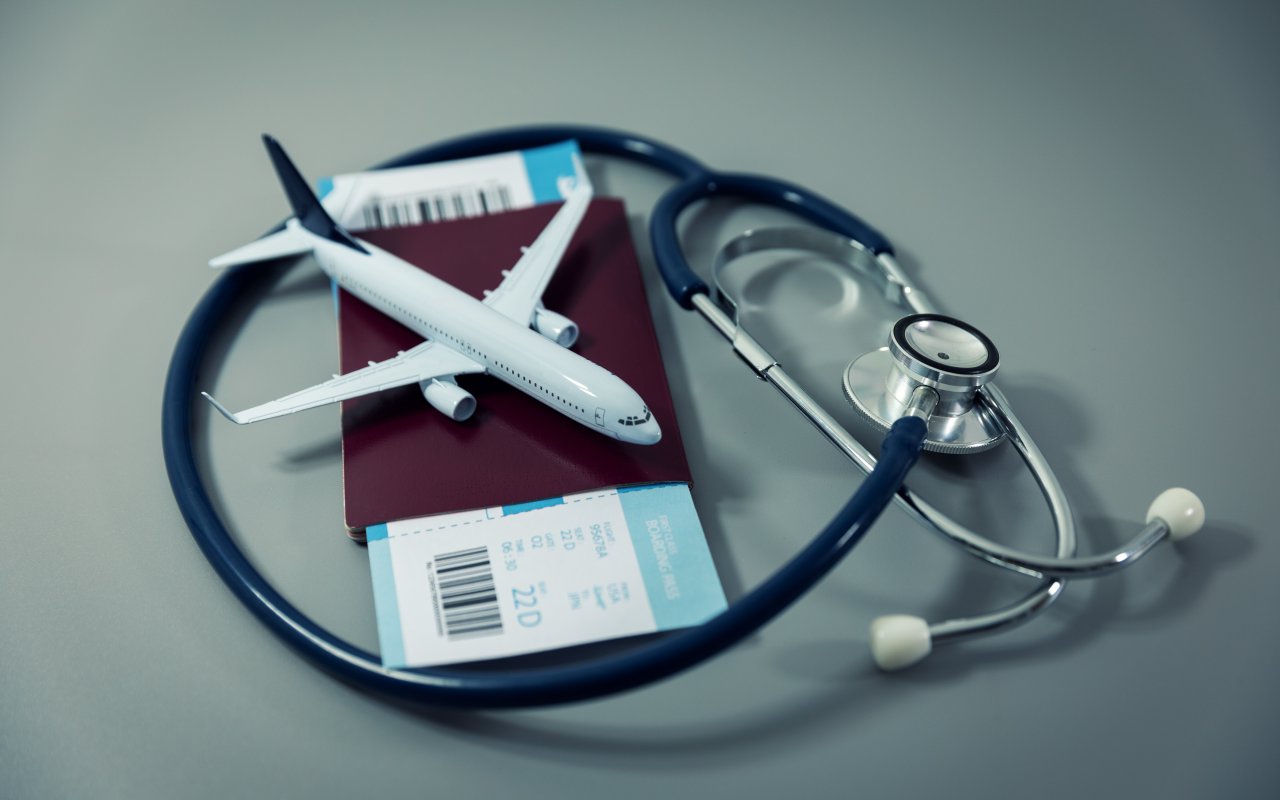Before You Take Off:
Required vaccinations to enter the country: no specific vaccinations are required for international travelers, regardless of where they have traveled from.
Recommended vaccinations:
Systematically:
- Hepatitis A (for children: once they reach one year of age).
- For persons who were born before 1945, who have spent their childhood in a developing country or who have had an icterus, an antibody test may prove useful in order to avoid an unnecessary shot.
- Diphtheria, tetanus, poliomyelitis: To be Updated.
For extended stays or high risk stays (precarious hygiene conditions):
- Typhoid: if the stay is occurring in precarious hygiene conditions (for children: when they reach two years of age).
- Rabies (as a precautionary measure): for extended and isolated stays (for children: as soon as they are old enough to walk).
- Hepatitis B: for frequent or extended stays (for children: within the first month of life).
For children, the vaccinations included in your country’s immunization/vaccination schedule must also be up to date. In the case of an extended stay, BCG is recommended within the first month of life and measles vaccine is recommended when the child reaches 9 months of age.
It is advised to have all vaccinations completed before leaving.
Local living conditions:
Food
Water: drinking tap water is not recommended.
For Babies: Milk for babies is easy to find. National and international brands are available. It is important to check the origin and quality of the milk.
Major health risks in the country
- Malaria:
Malaria risk areas:
- Below 1000 m:
- West coast, south of Alamos (Sinaloa, Nayarit, Jalisco, Colima, Michoacan, Guerrero, Oaxaca)
- East coast, south of Tampico (Veracruz, Tabasco)
- In the Yucatan peninsula:
- Campeche, Yucatan, Quintana Roo
- In the south of the state of Chiapas
- Not in the region of Mexico city
Mosquito nets and mosquito repellents are easy to find.
- Rabies:
Rabies cases among animals exist in this country. Dogs are the most commonly affected (but every mammals can transmit rabies through a bite, scratch, or licking).
There is an anti-rabies treatment center: 00 [52] (55) 607.40.93 – 796.42.60 – 796.37.70.
- Aids:
- HIV infection screening is not required to enter the country, with the excpetion of foreigners seeking a residence or work permit.
- Blood donations are non-remunerated.
- Hospitals use single-use materials
- Reliable condoms can be found locally
Other health risks
- Diarrhea related diseases are also very common
- There are some other health risks with less serious consequences
- There can be some exceptional health-related events (i.e. epidemics)














